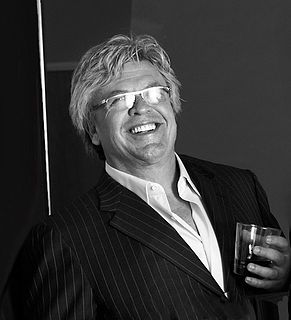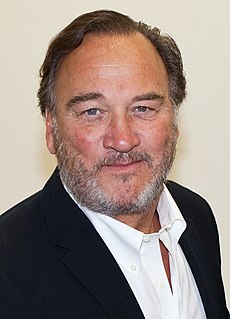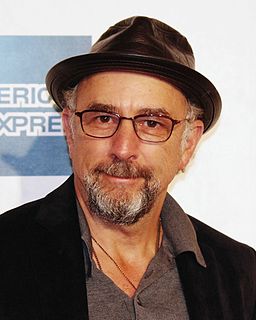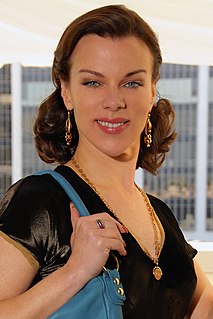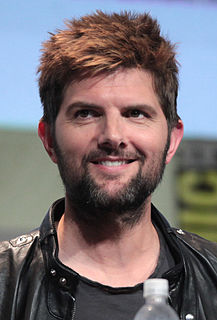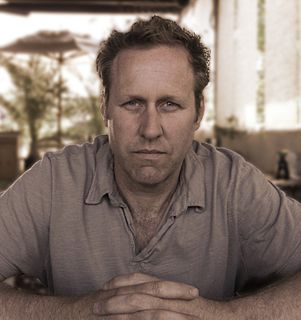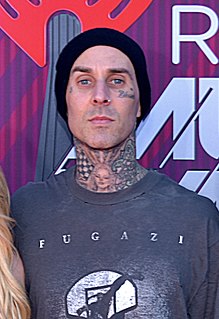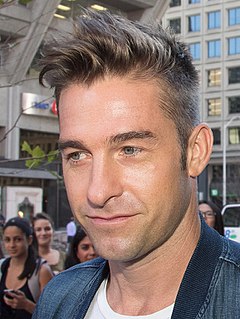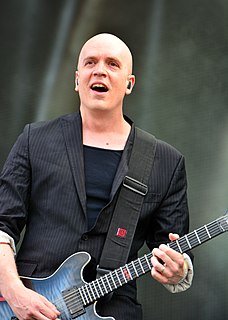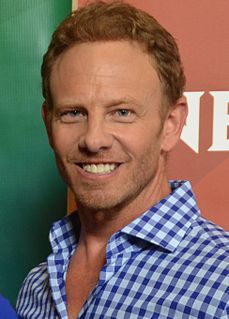A Quote by Ron White
Movies are boring. It's like watching paint dry. I did a little role in a movie, and it was eight lines. I was there for three days. It's just horrible. Television is 15 hour days. Movies are 18 hour days. And it's 18 hours of doing not a thing.
Related Quotes
Maybe if I'd gone in younger, I wouldn't have had that feeling, but I've seen an enormous amount of changes since the early-'70s in how this stuff is shot. I did the first TV movie ever shot in 18 days; before this film the normal length of shooting a TV movie was between 21 and 26 days. We shot a full-up, two-hour TV movie in 18 days with Donald Sutherland playing the lead, who had never worked on television before.
Surviving the grind of 18-hour days and getting up at four in the morning to work out for an hour so I'd have the energy to do it again the next day. I did not know I had that discipline. I did not know I had the discipline to learn a seven-page scene in three hours to shoot that day or the next day. I didn't know that I was capable of realizing that potential.
